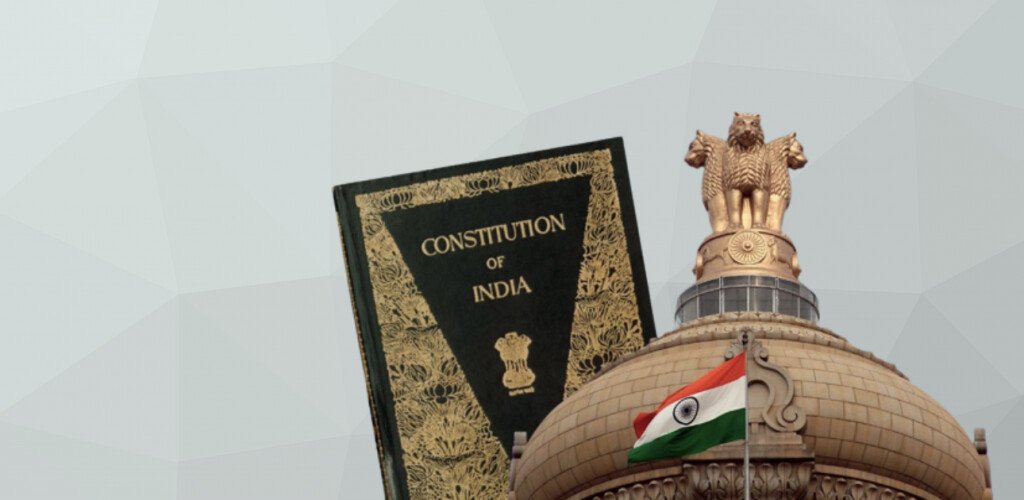By: Priyanka Saurabh
The right to live with dignity is a constitutional imperative. However, it rarely appears in discussions of digital initiatives in governance today. As much as centralized data dashboards help in assessing policies and access to human dignity and rights; equally often, technical flaws prevent someone from accessing rights. Worryingly, poor people without access to the internet and other information and communication technologies are at a disadvantage because they are unable to access digital information, shop online, participate democratically, or learn and impart skills unable or less capable.
Increasing penetration of existing digital technology is linked to greater social progress in a country. But in due course of time people without knowledge or access to the internet will be left behind in the cycle of progress. Internet connectivity and ICT indeed increase its future social and cultural capital, but this creates an economic disparity between those who can afford technology and those who cannot. Platform and app-based solutions can deny services to the poor altogether or further curtail their access to health services. Like booking, slots can be very difficult for those without a phone, computer, and internet.
There is a direct correlation between access to technological progress and its overall success in bolstering the economy. Countries with less digital gap benefit more than countries with a more digital gap. The digital divide also affects the ability of low-income children to learn and grow. Without Internet access, students are unable to develop the technical skills needed to understand today’s dynamic economy. About 65% of young scholars use the Internet at home to complete assignments as well as to connect with teachers and other students through discussion boards and shared files. A recent study indicates that practically 50% of students say they are unable to complete their homework because of their inability to connect to the Internet or in some cases because of the inability to find a computer. This has led to a new revelation; 42% of students say that this loss resulted in a lower grade.
If we look carefully, India’s socio-economic problems are related to the “digital divide”, which persisted during the era of the digital revolution and then during the era of the internet revolution in India. Rural India was plagued by information poverty and still is somewhere today. The fact that “as income increases, so does Internet access”, strongly suggests that the digital divide remains at least partly due to income inequalities. Typically, a digital divide stems from poverty and economic constraints that limit resources and prevent people from obtaining or otherwise using new technologies. Information is controlled by a few people at the top who restrict it to those at the bottom. Political empowerment and mobilization are difficult in the age of social media when there is a digital divide.
The digital divide is formed in the areas of the population rich-poor, male-female, urban-rural, etc. There is a need to bridge the gap; only then the benefits of e-governance can be harnessed equally. E-governance initiatives in rural areas should be undertaken by identifying and analyzing the ground realities. The government should also focus on creating suitable, viable, specific, and effective capacity-building mechanisms for various stakeholders such as bureaucrats, rural people, urban people, elected representatives, etc. The earning member of the family has to carry the phone with him while going to work.
Access to phones and the Internet is not only an economic factor but also a social and cultural one. If a family has only one phone, there is a good chance that the wife or daughter will be the last one to use it.
There is a special need in the coming decade to bring into existence a process that makes it possible to reach the benefits of the technological revolution to all. Digital revolution should be accompanied by digital inclusion and along with change; there should be the empowerment of the people. Otherwise, the loot will go to the winners and the poor will remain defeated in this new era of digital governance. To be like this is more important for Sabka Saath Sabka Vikas. E-governance through regional languages is commendable for nations like India where people from multiple linguistic backgrounds are participants. E-governance is gaining momentum in India, but public awareness and the digital divide are important issues that need to be addressed. The success of e-governance measures largely depends on the availability of high-speed internet, and the nationwide roll-out of 5G technology shortly will strengthen our resolve.
Digital literacy needs special attention at the school/college level. The National Digital Literacy Mission should focus on introducing digital literacy at the primary school level for basic content in all government schools and advanced content in higher classes and colleges. Higher digital literacy will also increase the adoption of computer hardware across the country. Moreover, when these students will educate their family members, it will create a multiplier effect. (The author is a research scholar in political science, poet, freelance journalist, and columnist)







